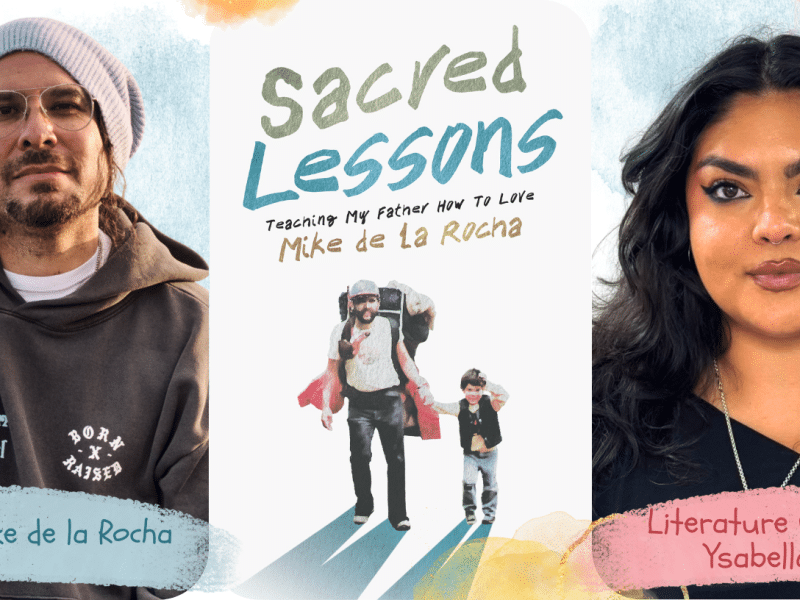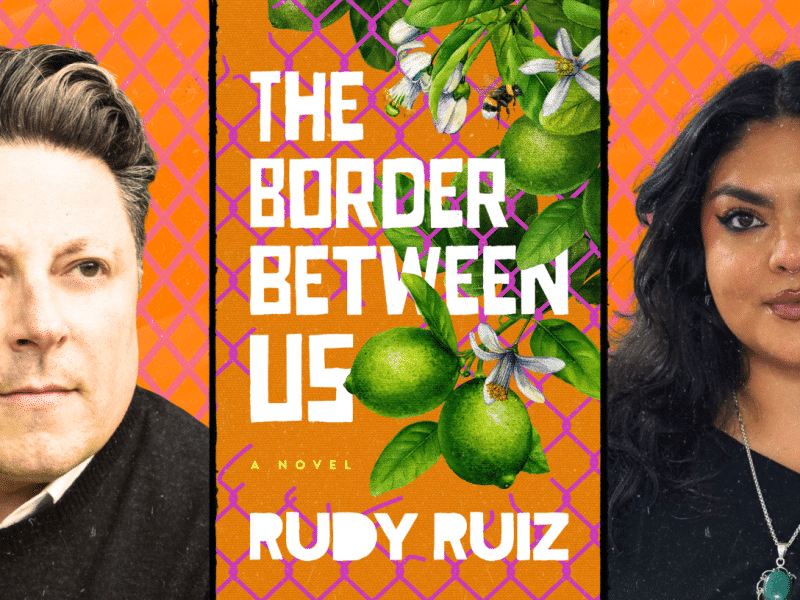“The Culture is: Latina” to Air on MSNBC Hosted by Actress Justina Machado
Latinas are gaining more visibility than ever before – from TV shows to the big screen, and MSNBC is premiering a special you don’t want to miss.

Latinas are gaining more visibility than ever before – from TV shows to the big screen, and MSNBC is premiering a special you don’t want to miss.
We are finally moving away from the days when Latinas were entirely absent from popular media.
Just this past month four Latinx actors were announced as new cast members of the much-awaited Black Panther sequel, including Guatemalan actress María Mercedes Coroy of Mayan Kaqchikel descent, and Mexican actress Mabel Cadena.
On the small screen, Netflix’s top 10 shows as of this writing include three that have Latinas in leading roles including Cuban/Spanish Ana de Armas in “The Gray Men,” Mexican/American Melissa Barrera in “Keep Breathing,” and Colombian/American Sofia Carson in “Purple Hearts.” But how much do we know about the other 30 million Latinas powering the U.S economy, their families, and their communities?
Actress Justina Machado is going to help us learn more about the largest demographic of women of color in the U.S on MSNBC’s special “The Culture Is: Latina.”
The audience will hear some honest and insightful conversations in this one-hour special that premieres Sunday, August 7 at 10 p.m ET, and will kick off with an exclusive interview with the Emmy-nominated Rosie Perez, the current star of HBO’s “The Flight Attendant.”
An open roundtable dialogue will follow, where Machado will lead a conversation with eight other trail-blazing Latinas. Together they will explore topics regarding racial diversity, the power of images in media narratives, and how they can contribute to the perception of Latinas, as well as their increasingly growing economic and voting power.
The women joining the conversation with Machado include:
- Bricia Lopez, James Beard Award-Winning Restaurateur and Author
- Gloria Calderón Kellett, Executive Producer and Showrunner
- Julissa Arce, Author of You Sound Like A White Girl: The Case for Rejecting Assimilation
- Gina Torres, Actress and Producer.
- Janel Martinez, Writer and Founder of Ain’t I Latina?
- Gloria Estefan, Grammy-Award Winning Singer, Actress and Philanthropist
- Mónica Ramírez, Co-founder and President of The Latinx House
- Maria Hinojosa, Pulitzer Prize Winning Journalist and Anchor of Latino USA
Don’t miss this amazing special that serves as an opportunity for Latinas to elevate our voices and take ownership of our narratives in popular media.
Tune in Sunday, August 7 at 10 p.m. ET and for more, follow @MSNBC, @JustinaMachado on Twitter.



